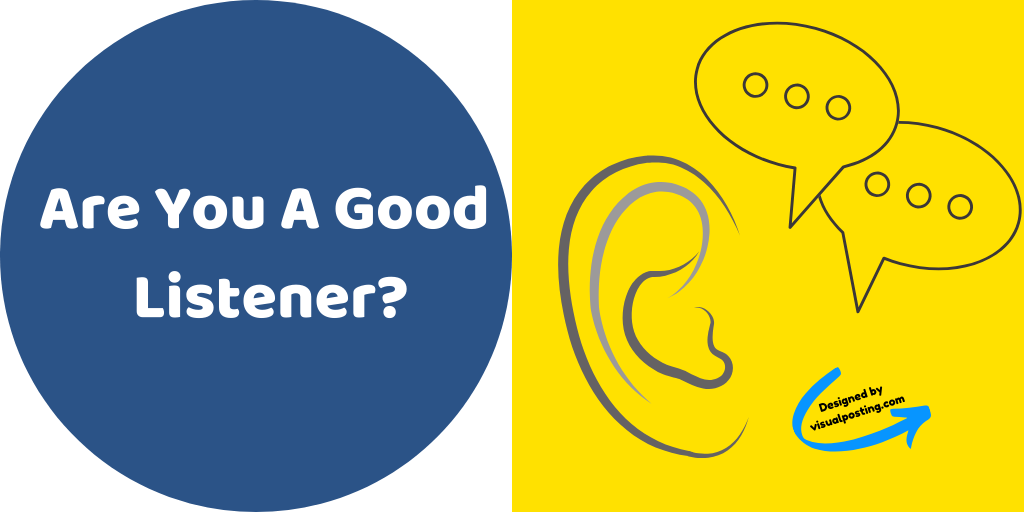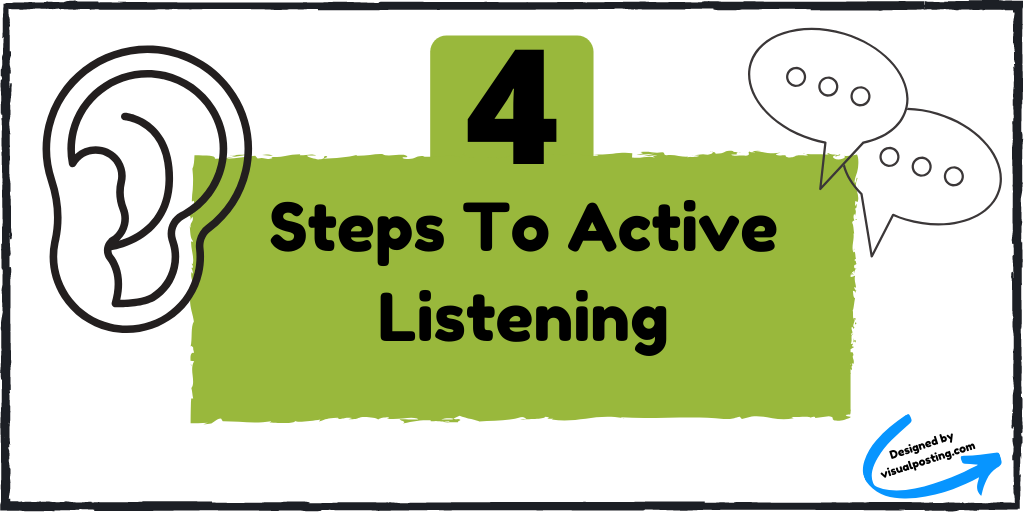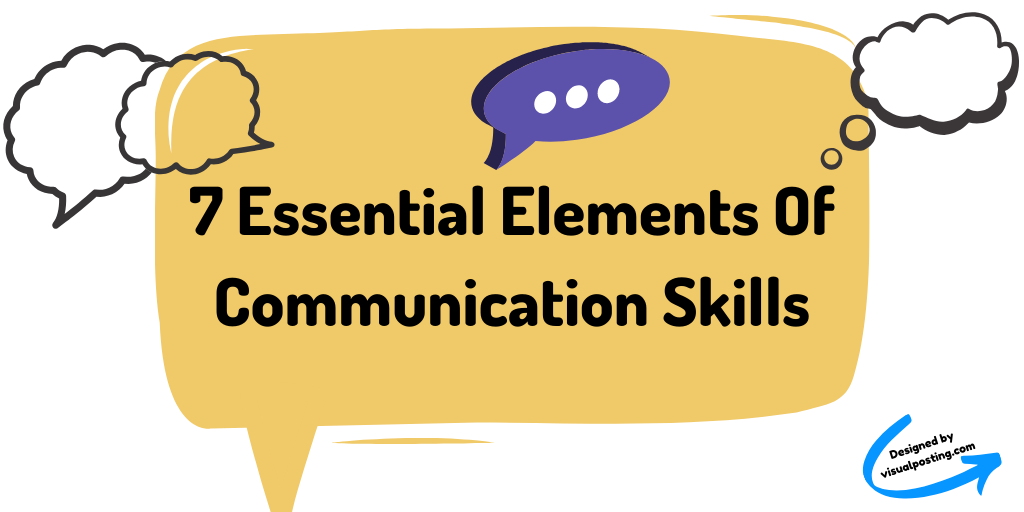
Here's what a good listener does.
How well do you listen?
Faces the speaker
Looks into the speaker's eyes
Is relaxed, but attentive
Keeps an open mind
Listens to the words and tries to picture what the speaker is saying
Doesn't interrupt or fidget
Waits for the speaker to pause to ask clarifying questions
Tries to feel what the speaker is feeling (shows empathy)
Nods and says "uh huh," or summarizes to let the speaker know he/she is listening

1.) Focus
Listen and watch for clues to identify the meaning behind the words.
2.) Mirror
Use appropriate facial expressions that correspond emotionally. Head nodding and verbal cues like 'uh, huh' let the speaker know you are listening and engaged.
3.) Paraphrase/provide feedback
Check for understanding and empathize
4.) Respond appropriately
Encourage respect and understanding with the wording you use. Add information if you have information to add.

1.) Listening
Strong observational skills to fully understand the message being conveyed.
2.) Non-verbal communication
Body languages like posture, gestures, and eye movement.
3.) Being clear
Choosing the right words to deliver a message that's easy to understand.
4.) Being concise
Using fewer, well-chosen words to convey your message.
5.) Being confident
The right message with the appropriate non-verbal communication.
6.) Being personable
A friendly tone and a simple smile can go a long way.
7.) Being patient
Being composed and not rushing when conveying your message.


